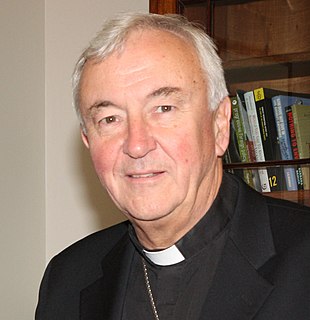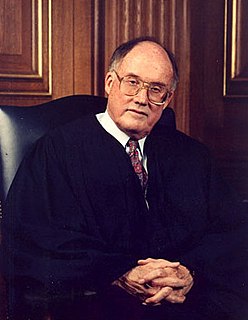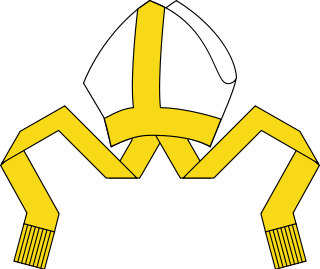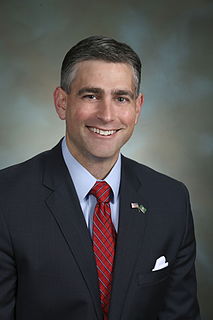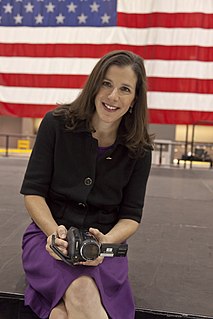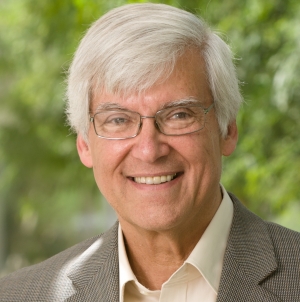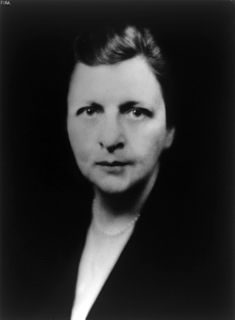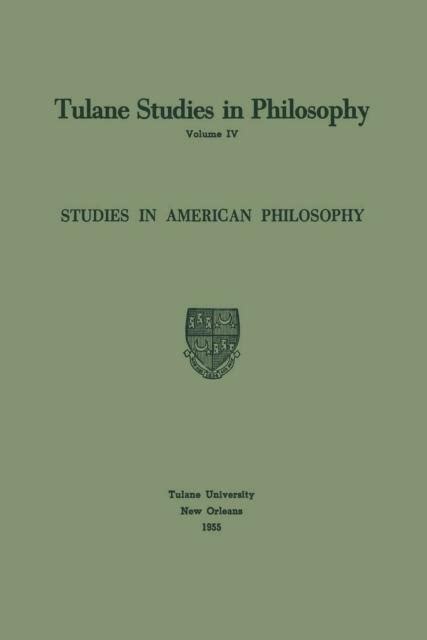A Quote by Vincent Nichols
In the eyes of the Catholic Church, abortion is a tragedy. Our principle objective must be to try and win greater sympathy for that perspective and for the value of human life from its beginnings.
Related Quotes
I have no respect for the right-to-life position. But when you legislate personal belief, you're in violation of freedom of religion. The Catholic Church may espouse its opinion on abortion to the members of its congregation. But they are in violation of separation of church and state when they try to proselytize their abortion politics on people who are not Catholics.
I have no question that the Roman Catholic Church teaches that abortion in virtually all circumstances is wrong. I think the church's position at all times in modern history has been that it is unequivocally opposed to abortion.But that's not the question for a Catholic who is a public official. I happen to subscribe to the church's position as a person. Still the question, as Governor Mario Cuomo suggested, is: what is your obligation as a civic leader? I agree entirely with John F. Kennedy. I answer only to my conscience in my public life and that's that.
I understand perfectly well why the Catholic Church preaches against abortion. But it shouldn't be the purpose of the Catholic Church to prevent non-Catholics from having abortions if they feel that abortions are morally acceptable. They can certainly only argue for what they believe to be right in the court of public opinion and try to persuade people.
A father's interest in having a child--perhaps his only child--may be unmatched by any other interest in his life. It is truly surprising that the state must assign a greater value to a mother's decision to cut off a potential human life by abortion than to a father's decision to let it mature into a live child.
Current Catholic worship often ignores the essential connection between truth and beauty, body and soul, at the center of the Catholic worldview. The Church requires that we be faithful, but must we also be deaf, dumb, and blind? I deserve to suffer for my sins, but must so much of that punishment take place in church?
The Rosary, especially prayed in the presence of the Blessed Sacrament, is a powerful means of spiritual grace. In all of our efforts to promote the sanctity of human life, prayer is our first and strongest resource. May we rely upon the power of our Lord's presence in the Blessed Sacrament and the intercession of His Blessed Mother to guide and help us in fostering a greater respect for human life and an end to abortion in our society.
I am still a Catholic. I still believe life begins at conception. That is consistent with my Catholic beliefs. And I believe we must protect life. Whenever abortion comes up, we get questioned about the exceptions, but no one ever questions the extreme positions on the other side: late-term abortions, no on parental notification.
If, as I believe, the ends of men are many, and not all of them are in principle compatible with each other, then the possibility of conflict - and of tragedy - can never wholly be eliminated from human life, either personal or social. The necessity of choosing between absolute claims is then an inescapable characteristic of the human condition. This gives its value to freedom as Acton conceived of it - as an end in itself, and not as a temporary need, arising out of our confused notions and irrational and disordered lives, a predicament which a panacea could one day put right.
Out of our first century of national life we evolved the ethical principle that it was not right or just that an honest and industrious man should live and die in misery. He was entitled to some degree of sympathy and security. Our conscience declared against the honest workman's becoming a pauper, but our eyes told us that he very often did.
Comedy is an intellectual affair, and deals chiefly with logic. Tragedy is an emotional affair, and deals chiefly with value. Horace Walpole once said that "life is a comedy to the man who thinks and a tragedy to the man who feels." Comedy is negative; it is a criticism of limitations and an unwillingness to accept them. Tragedy is positive; it is an uncritical acceptance of the positive content of that which is delimited. Since comedy deals with the limitations of actual situations and tragedy with their positive content, comedy must ridicule and tragedy must endorse.
